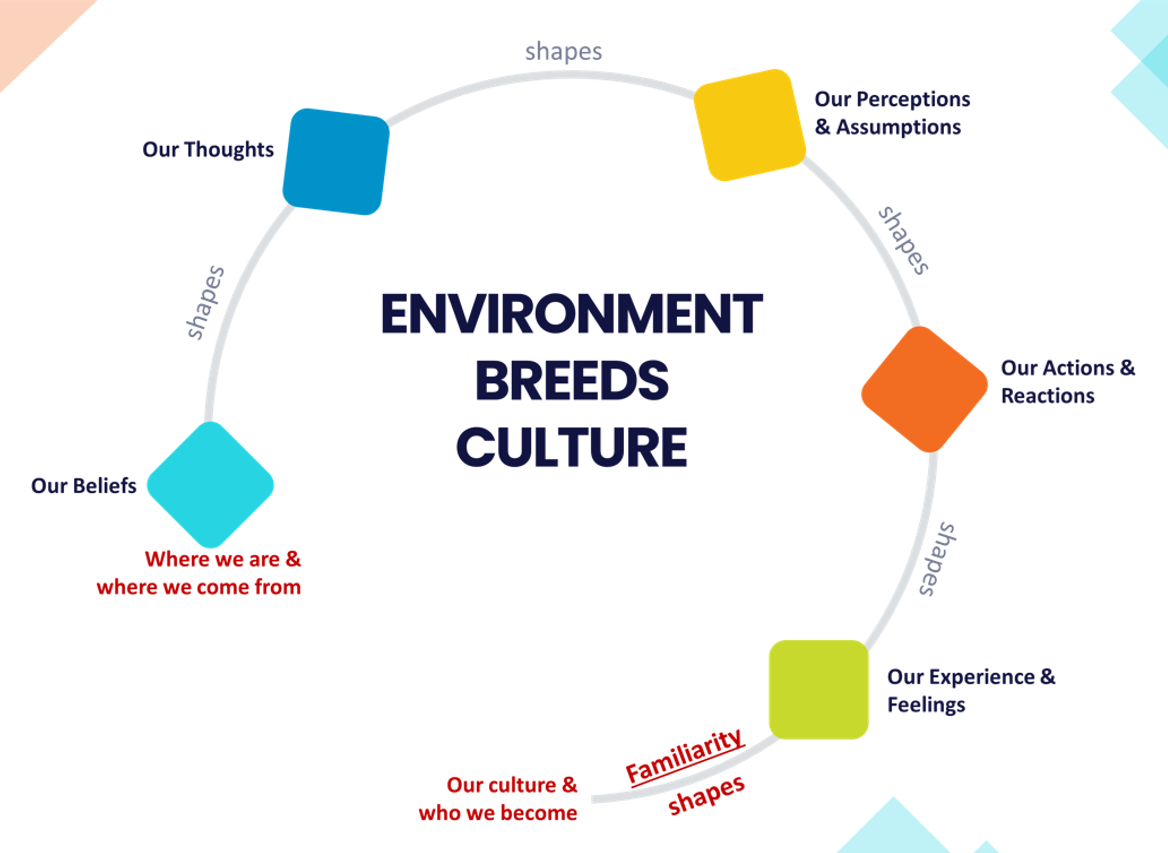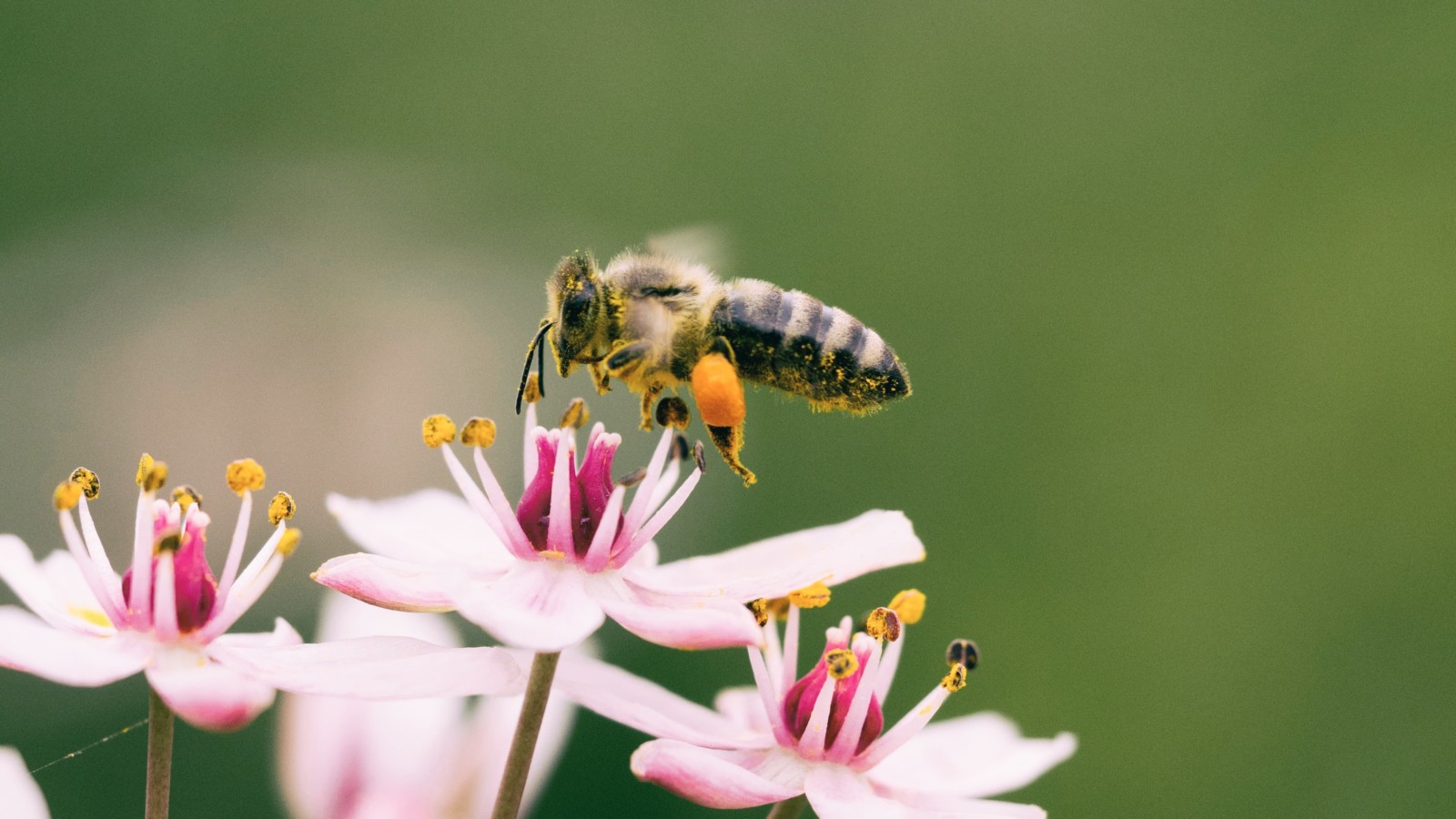My Flashback
I was back in school, between elementary and high school years. Time and time again, I watched how my best friends had at least one of their parents accompanying them to the badminton and tennis lessons / tournaments that I was also part of. I observed how these parents spoke to my friends kindly to encourage them to keep trying, to praise their efforts, and had regular dialogues with the coaches on how to help my friends improve further. I envied my friends.
I vividly remember asking myself quietly, “Why are my parents not here with me? Why don’t they check-in on me? Why don’t they talk to my coach on how to help me? Why don’t they celebrate with me after I won? Why don’t they encourage me to try harder after I lost? Why don’t say something when I told them that I would quit?”. I had a lot of questions, and to this day, they remain unexpressed, and therefore, remain unanswered. Despite how much I like it even to this day, in the family that I grew up in, from a very young age, I was discouraged to ask WHY.
Whilst I remain grateful to this day that my parents arranged me a chauffeur to help me move around and paid for my everything so I could participate in these lessons and tournaments back in the days; deep down, I sensed from a young age that there was a big part missing inside me.
Specifically, I longed for an environment that would help groom me to be curious, gritty, courageous, and emotionally resilient. Whilst I was quite independent since young to be self-sufficient enough to get things done, I was not a “strong” child when it comes to expressing myself, grooming my mindset, and managing emotions. A lack of these capabilities have impacted my growth for many years after I left school and home.
The Impact on Me
I guess I did not understand how this discouragement would affect me each time I was asked to stop asking WHY during my younger age. As years unfolded and that I have to stand up on my own feet in front of many far away from my own family, I realized I have misplaced my curiosity inside me as a result, that directly numbed my courage. Over time, my inner-self was overtaken by the fear of failing, the fear of not being good enough.
Whilst I still managed to accomplish my goals, it was hard work. Imagine that there were these heavy metal chains tied onto my ankles, each time I tried to take a step forward, it required a lot of conscious efforts to do it. Before the very action itself, almost all of my energy had to be spent on overcoming my self-doubts and to persuade myself to stretch beyond my comfort zones.
For many years, my life was led by this immense power of “procrastination”, the “tool” I once thought was useful to delay me from making the choices I ought to make, to defer the failure I imagined would most likely happen to me. As a result, I felt that my ability to reach my full potential was capped.
The U-Turn
Fortunately, there was another phrase that I learned from my English teacher way back when I was 15-years-old. This phrase is called “what if?”. It came about when she asked me what do I want to study at university. I told her, “My parents run their own manufacturing business, but they are constantly tied down to heavily depend on the team of accountants and lawyers to help them figure out the contracts and financials because they never finished schools. I think studying Accounting and Law can make me more independent in the future. BUT I don’t think I’m good enough.”. My teach responded, “Why not? What if you are good enough? Go for it and go for the best university!”.
This powerful phrase “what if?” stayed with me since that conversation. Four years later at the age of 19, I got an offer from one of the best universities in England to pursue my double major in Accounting and Law. From one “what if” to the next, I have managed to eventually freed myself from the limiting environment I was once brought up in and replaced it with new environments that have helped groom my self-esteem, self-trust, and self-love. My progress increased exponentially over the last three years also after I began to leverage growth mindset, grit, vulnerability, and emotional agility to help heal me from my past so that I am set free to flourish on the paths ahead of me.
I have since continued to leverage this phase “what if?” to help me reimagine the environment I could have been brought up in. I also went on to reimagine the impact it would have on me if I had been nurtured in a more encouraging and supportive environment.
My courage to reimagine got me curious again. This has since led me onto a new path to learn to believe in the possibility to create a better environment for many of us. Since I became a parent myself, I have been experimenting with my own two children, and more recently with my teams at work – on better ways to communicate, to care, to support, and to nurture each others’ growths. I have come to realize that our environment is the foundation that shapes the culture we desire to create.
Our Environment Breeds Our Culture – My View on How it Works

Our environment shapes who we are to become.
- Where we are now and where we come from is a foundation of our belief systems.
- Our beliefs are the made forces that shape our thoughts.
- Our thoughts (words and/or images) shape how we perceive and understand the world in and around us.
- Our perceptions and assumptions are then used by us to act and react on whatever comes our way everyday.
- When we encounter consistencies in the experience and feelings we receive in return of our actions – they form repeating patterns.
- When these patterns become familiar, they become our culture and reinforces our beliefs. The cycle then starts all over again like a ferries wheel.
Culture in Essence
If there is one takeaway I allow myself to write down from the infographic I put together above, it would be this:
“We are biased toward familiarity.”
Pueyen Lee
This familiarity we all crave for, does not require to be “right or wrong” or “good or bad”. The very fact is, our minds don’t know how to differentiate what is “right or wrong” or “good or bad”.
Instead, it is the beliefs we all have, through what we learned since young, what we saw through our own eyes, what we perceived and assumed, and what we experienced firsthand – that cumulatively, equip us to decide if what we are feeling, seeing, receiving, and/or giving are deemed as “right or wrong” or “good or bad”. We make these choices, consciously or subconsciously, thousands of times each day, almost entirely based on the beliefs we hold onto.
This means that we would only find out if our beliefs and thinking are helpful to us and others through the experience and feelings created as a result of our actions. By then we would have created impact on ourselves and someone else, for the better or worse.
That said, there is always hope.
Paying it forward through CHANGE
As an learner who loves to read, I have over the past three years digested and internalized amazing works done and shared by Carol Dweck, Brené Brown, Angela Duckworth, Dawson Church, Christian Busch, Susan David, Marc Brackett, Charles Duhigg, Marisa Peer, and many more. Here is the summary of what I believe creates hope ahead of us:
- We are capable of change.
- Change is part of nature.
- Change is available to us.
- To experience positive change, we need to first believe that we deserve better.
- To spread positive change, we need to believe that everyone is being their best and we deserve more.
- For change to happen, we need to be curious, creative, and be prepared to feel comfortable with unfamiliarity.
- For change to last, turn them into habits, rituals, and rhythms.
“When a flower doesn’t bloom, you fix the environment in which it grows, not the flower”
Alexander Den Heijer
We are the product of our environment. OUR BELIEFS are what ultimately shape who we become.
Our beliefs are essentially made by us as humans. Yes, considering how long we have been around on Earth as Homo sapiens, it is no doubt that many of the beliefs that are influencing our lives today are firmly rooted and hard to get to, let alone replacing them.
That said, being hard to change doesn’t mean we can’t; having a lot to replace shouldn’t be a reason to slow progress.
It all begins with our intentions and our courage to dream for a better environment ahead of us, for ourselves and our future generations.
Together, let’s do what is necessary to improve the ways we live today for a better tomorrow. Together, let’s be the change. Together, let’s pay it forward by replacing the outdated and unhelpful beliefs with the new ones that can help reshape our familiarity and then our environment – not based on fear, scarcity, or constraints; but based on empathy, courage, vulnerability, growth mindset, grit, emotional agility, and abundance.
My Intention, Purpose, and Calling – Paying it Forward
Yes, I was not raised in an environment I wished I had. But the past does not equal the future. My intention as a living being is not to recreate the unpleasant experience I once had onto others. I believe all of us deserve better and we do our best to be better. Therefore, my intention is all about leveraging my past, my stories, my transformed self to offer a better environment to inspire and empower others to dream more, do more, become more. This very intention within me, that is aligned with my purpose and my calling, is all about paying it forward.


